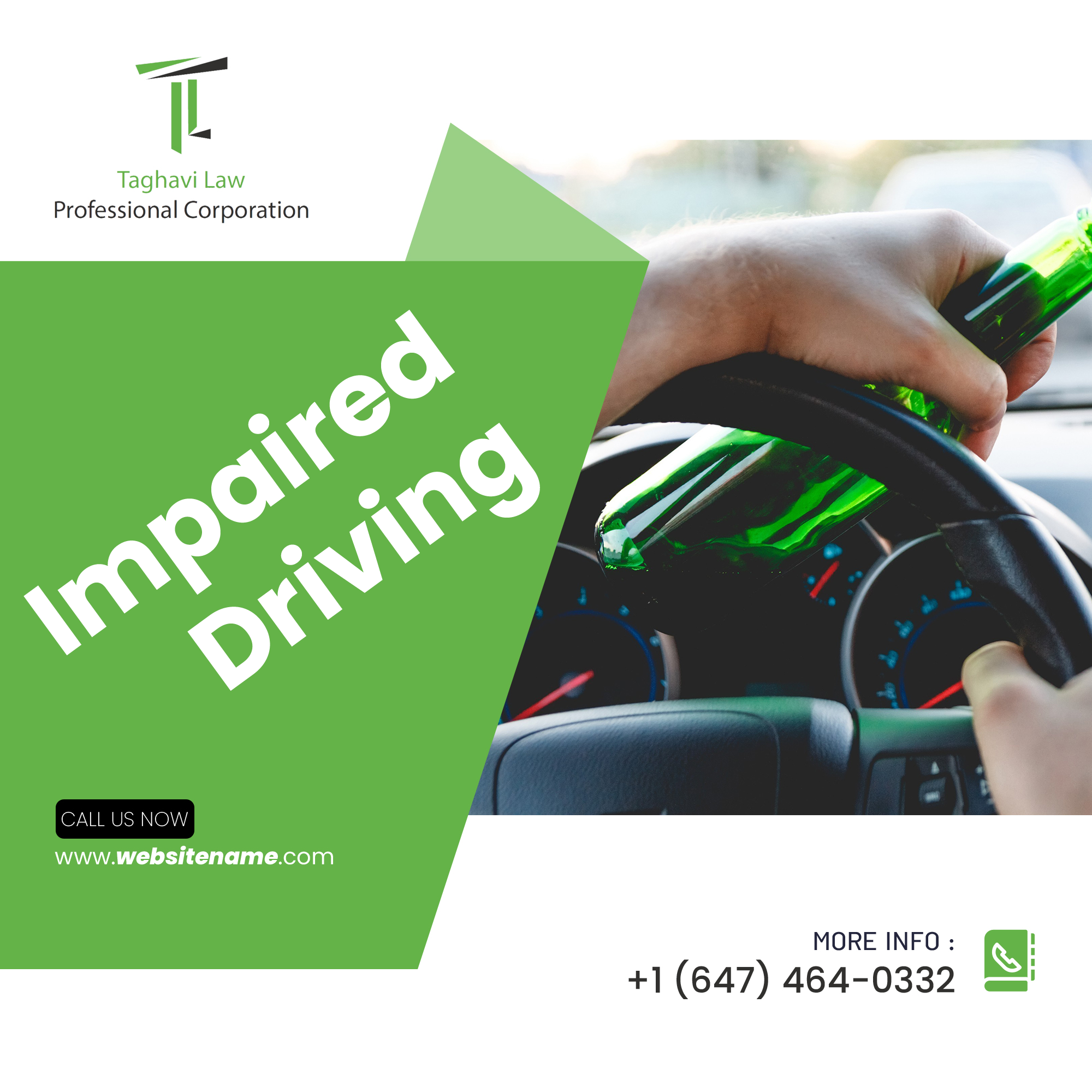I was arrested with no warrant. What should I do?
When we were arrested with no warrant we should know some reasons and consequences. there is an answer and 3 steps.
ANSWER
The police can arrest you without a warrant if they:
- see you committing a crime
- think it is in the public interest to arrest you in orderto find out your identity, preserve evidence, or prevent the continuation of a crime
- have reasonable grounds to believe that you have committed or are about to commit an indictable offence
- have reasonable grounds to believe there is an outstanding warrant against you
If the police don’t have a warrant, they are only allowed to arrest you for a minor crime if they see you committing the offence or they believe on reasonable grounds that it is in the public’s best interest to arrest you.
But if the crime is more serious they only need to have reasonable grounds to believe you did it or were about to do it. If the police have reasonable grounds to believe you’ve committed a serious crime or are about to, they can arrest you without a warrant.
Having reasonable grounds to arrest is more than having a suspicion or hunch based on the circumstances. The officer must believe that you committed the offence, and that a judge or jury would find that any reasonable person in the officer’s position would believe there are grounds to arrest you.
Identifying yourself
In most situations, you don’t have to answer questions from the police. But to avoid spending a lot of time with them, you may want to identify yourself:
- If the police are looking for someone else, you might avoid being arrested by showing them you’re not the person they’re looking for.
- If the police think you might’ve committed an offence and you don’t tell them who you are, they could arrest you. They could hold you at a police station until they find out who you are, or need to take you to court for a bail hearing.
- If the police believe you’ve committed a minor offence and you tell them who you are, they might not arrest you. Instead, they might give you a promise to appear telling you when to go to court.
If you lie about your name or address, you can be charged with obstructing justice or obstructing the police.
1. Ask if you’re under arrest
What you should do
Without a warrant, the police are only allowed to arrest you for a minor crime if they see you committing the offence.
You might be charged without being arrested if you tell the truth about who you are, and the police believe:
- you will not destroy evidence
- you will not repeat the offence
- you will go to court as required
If the crime is more serious, you’ll be arrested. To find out whether the police are arresting you, ask. Say politely, “Am I under arrest?” If they say that you are, ask them why.
Your rights
You have a right to be told immediately why you’re being arrested.
When you’re being arrested, the police can search you in order to:
- find evidence related to the offence you’re being arrested for
- prevent you from destroying evidence
- protect the police or public
When you’re being arrested, the police can also search your immediate surroundings, which include:
- you
- your clothing
- anything you’re carrying, including your knapsack, purse, or cell phone
- your car if that’s where you’re arrested
2. Talk to a lawyer
If you’ve been arrested with no warrant , ask to talk to a lawyer right away.
What to say
Just say, “I want to talk to a lawyer.” The police should stop questioning you as soon as you ask for a lawyer. You don’t have to say anything else. If the police keep asking questions, don’t say anything. Ask again to talk to a lawyer.
Your rights
You have the right to talk to a lawyer. The police must tell you that you have this right. If you tell the police you want to talk to a lawyer, the police must allow you to contact a lawyer. You must be allowed to talk to the lawyer in private.
The rights related to talking to a lawyer are called the right to counsel. Always use your right to counsel before you talk to the police.
Services while in custody
If you need to talk to a lawyer while you’re in custody, the police must tell you about the Brydges duty counsel service. This is a service provided by Legal Aid Ontario. It gives free legal advice to anyone in Ontario who is detained or arrested. It is available 24 hours a day, 365 days a year. The service is available in English, French, and any other language through an interpreter.
Tell the police officer that you want to talk to duty counsel if you don’t have your own criminal lawyer. The officer should call the hotline for you and let you speak with duty counsel in private. If duty counsel is not available, the officer can leave a message and duty counsel should call you back within 30 minutes.
3. Remain silent
If you’ve been arrested with no warrant , you have the right to remain silent.
What to say when you arrested with no warrant
If the police are questioning you and you don’t want to answer, tell them. Politely say, “I do not wish to give a statement or answer any questions”. Repeat this statement as often as necessary. By saying this, you make it clear that you have chosen to use your right to remain silent.
Your right to remain silent when you arrested with no warrant
You have the right to remain silent. This is a protection under the Canadian Charter of Rights and Freedoms. In most situations, you don’t have to answer any questions the police ask you. Anything you say to the police may be used as evidence.
If you’re in an accident and the police ask about the accident, you can be charged with an offence if you don’t answer. You’re required by law to give a statement when you’re in an accident. This statement is called an accident report.
If you’re later charged with an offence related to the accident, your accident report can’t be used against you as self-incriminating evidence of that offence.
But your accident report can be used as evidence against you if you’re later charged with perjury. You can be charged with perjury if you lie to the officer and give an accident report that isn’t true.
It’s usually in your best interest to remain silent. It’s always in your best interest to wait until you’ve talked to a lawyer before you decide whether to answer questions from the police.






